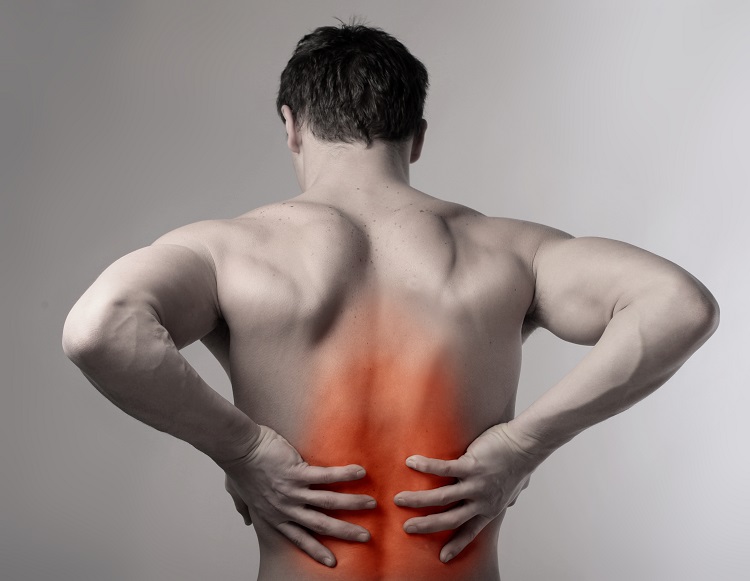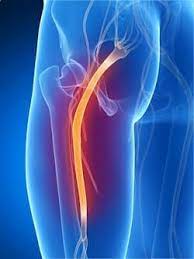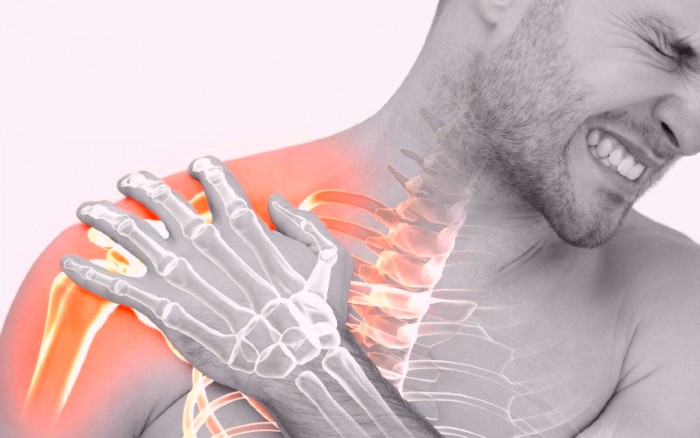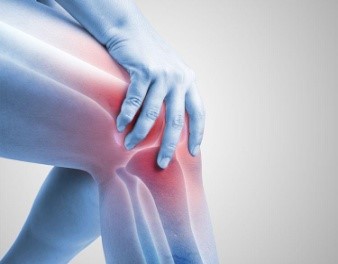
Hip Joint Pain
HIP JOINT PAIN (AVN PROBLEM )-AVN can lead to joint pain, especially the hip.
The damage to the bone occurs from lack of blood flow to bone cells. That often happens from an injury. It’s also commonly due to damage from drinking too much alcohol or taking corticosteroids to manage a chronic health problem.
Back Pain
Back pain is one of the most common reasons people go to the doctor or miss work, and it is a leading cause of disability worldwide.
Fortunately, you can take measures to prevent or relieve most back pain episodes. If prevention fails, simple home treatment and proper body mechanics often will heal your back within a few weeks and keep it functional. Surgery is rarely needed to treat back pain.


Joint Problems
A joint is where two or more bones come together, like the knee, hip, elbow, or shoulder. Arthritis - inflammation of a joint. It causes pain, stiffness, and swelling. Over time, the joint can become severely damaged. Treatment of joint problems depends on the cause. If you have a sports injury, treatment often begins with the RICE..
See More

Forzen Shoulder
Frozen shoulder is a condition that affects your shoulder joint. It usually involves pain and stiffness that develops gradually, gets worse and then finally goes away. This can take anywhere from a year to 3 years The main symptoms of a frozen shoulder are pain and stiffness that make it difficult or impossible to move it.
See MoreKnee Pain
Knee pain is a common complaint that affects people of all ages. Knee pain may be the result of an injury, such as a ruptured ligament or torn cartilage. Medical conditions — including arthritis, gout and infections — also can cause knee pain.
See More

Cervical Spondylitis
Cervical spondylosisas the name suggests most commonly affects the cervical region and in turn, the functions performed by the cervical spine are also affected. It is commonly associated with the presentation of more symptoms of the upper body involving the arms, trunk, and neck region. But it is not always as cervical spondylosis can also affect lower body involving legs, thighs, torso, etc.
See More